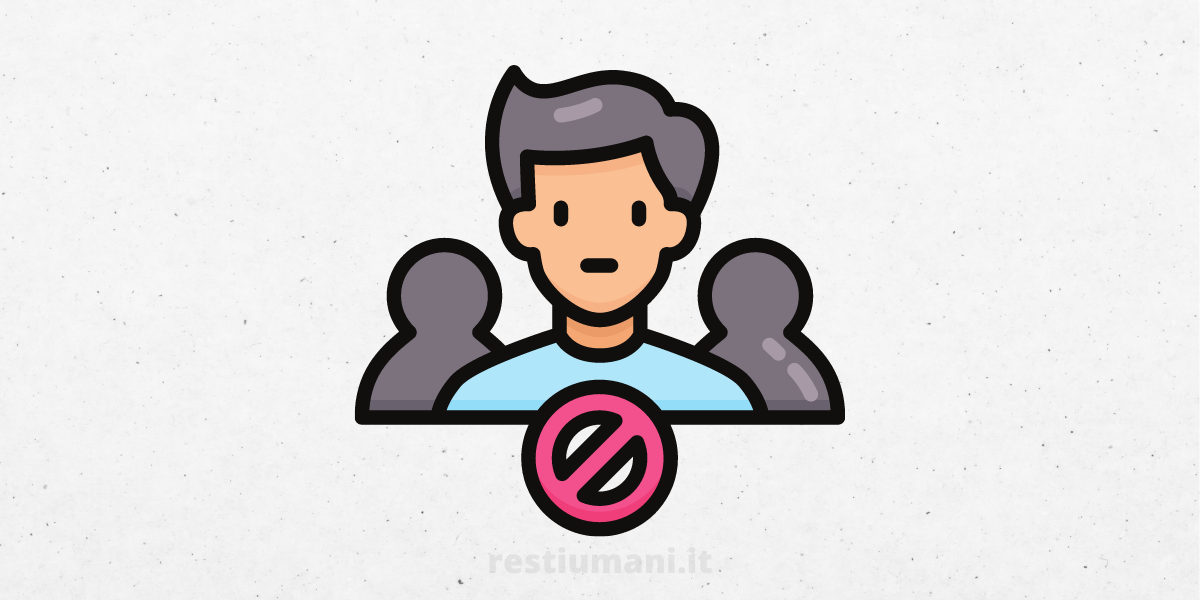
Everyone has been in that situation. Every bone within our bodies is telling us that this is an unwise choice. We ought to declare “no” and get out. However, we do not. When we sign-up, we click on that suspicious link and then pay our money. Sometimes, we aren’t sure of the details of what took place.
What actually happened was that we were operating on an auto-pilot. Our actions were directed by someone else who was creating the automatic reaction. Do you think it’s ethical to employ these strategies? This is a topic for a different blog post. The following post will examine the different ways that we can be enticed to do things that we don’t (or should not) would like to do. When we are aware of how it happens, we will be taught to be able to say “no.”
Tactic #1 The low ball.
This is a filthy trick. It’s employed in auto dealerships across the nation and in other places that have a bad reputation. What happens is that a buy-in incentive is given by customers who are the “mark.” It could be cheaper than the average cost or an additional guarantee or anything else that appears like it could be too promising to be actually true.
After the sale is concluded, however, prior to the formal signature of the documents, the original incentive that encouraged the purchase is eliminated. The salesperson will say something like, “That price was an error, the real value would be… ” At this point, you’ve agreed to the purchase. In order to be consistent, you (must) make the purchase.
Tactic #2: The tiny promise.
If I can persuade you to sign a contract for some small thing, then later you’ll be more likely to agree to a more demanding demand. A good example is a way that specific sales techniques using door-to-door perform. In a personal account of Dr. Robert Cialdini, he recalls one of these strategies.
In essence, a beautiful and sexy woman walks up to his door. She invites him to do a quick survey. He is willing. The woman then asks questions regarding his lifestyle choices, such as the places he eats at, which films and shows he goes to, etc… He embellishes his tale slightly to make it look more attractive to her. When he has completed the questionnaire, she starts her presentation “Since you’re enjoying all of these activities, you must be aware that ***** you can save yourself $100.” At this point, what should the person do? Saying no would mean saying he’s lying or even make him lose his coherence. He was just too enticed. He decided to sign up.
Technique #3:
The scarcity method. This is one tactic that even the most well-prepared person can’t avoid falling for. People will want more, especially if it’s unique. This is not a surprise to those who collect coins, baseball cards, or antiques. This is particularly true if the item was recently discovered to have become more scarce.
Another account from Robert Cialdini tells of how his brother financed his college tuition. The brother would purchase a used car from the newspaper on the weekend and then the following weekend, sell the exact vehicle at an income. He used a very clever strategy in this instance. The ads were well-written and triggered some reactions. Instead of scheduling meetings with the potential buyers on different dates, he planned his meetings for the same day and time.
The first customer who arrived would peer over the car and inquire about the car’s condition or something else. The second buyer arrived, the tension was high. If buyer one didn’t buy immediately, he’d have to wait forever for the chance as buyer 2 was there and would have accepted it in the event that he didn’t. After buyer three was present, the car was sold. The fear of not being able to purchase the object of their desire (the car) was too intense for buyers to ignore. The car would usually be was bought by the time buyer 2 got his opportunity.
How are you going to stop these strategies of influence?
If I’m faced with the concept of scarcity, The best thing I do is to realize one of two things. 1. Most things are limited to a single offer. If I am able to purchase it today, I could most likely get it from another place in the future. Also, I’m curious what the reason I would like this particular item. Is it because it’s uncommon, or do I truly want it?
By using the tactics of consistency, I decided not to play. This isn’t easy, particularly in a culture that values consistency and shuns those who make a change of mind regularly or have a difficult time deciding. The best way to make a difference and totally alter the course of the people who employ this tactic is to simply say no. Speak to them directly that you are not a fan of the offer they’re trying to take on, and then leave. If they try to deceive you, don’t sign until you get the original incentive returned.
There are three ways in which certain people who are immoral will attempt to profit from you. They want to make you into the status of a “sucker.” Now, you have the option of fighting against them.















Discussion about this post